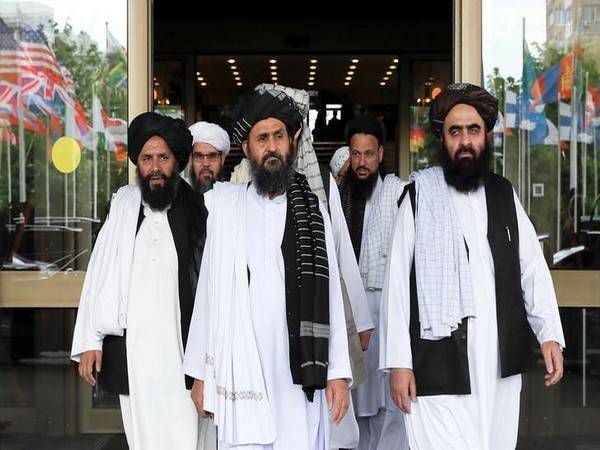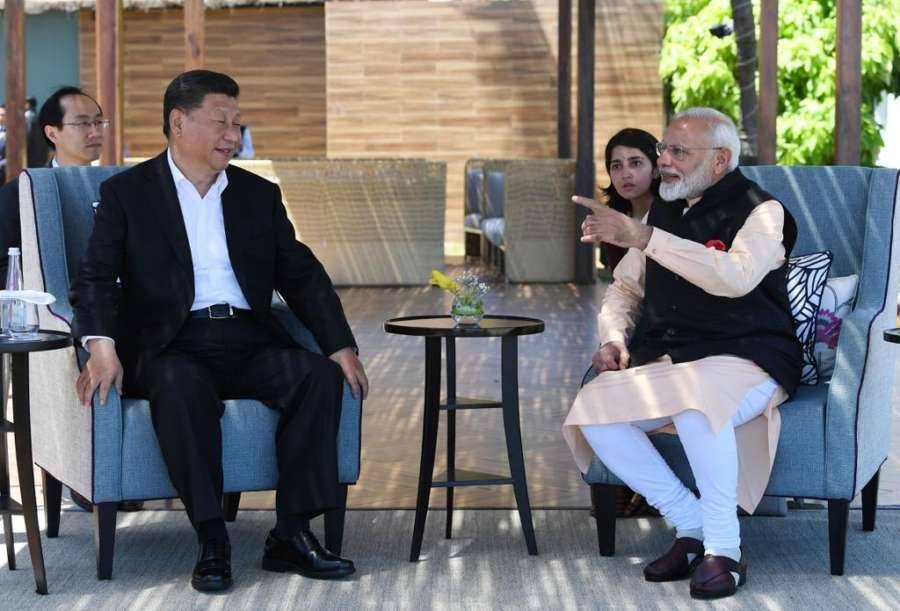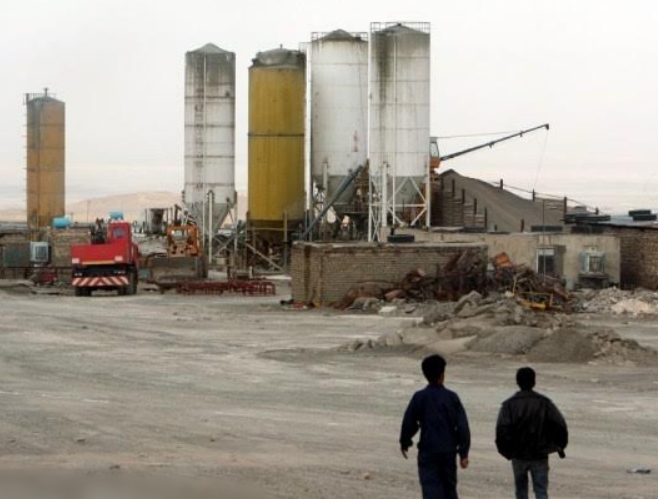It would not be wrong to establish that Pakistan’s vulnerability is certainly being utilized by China to create stronger say in the region and detach the western role players from the game…writes Hamza Ameer
The increasing influence of China in the South Asian region is certainly raising eyebrows as Beijing capitalises on the economic vulnerability of important regional countries to strengthen its position.
China’s hawkish relationship with India can be well defined by the border clashes along the Line of Actual Control (LAC) and Beijing’s close eye on New Delhi’s economic growth.
And to counter the Indian element, China has actively been banking, investing and supporting countries like Pakistan and Afghanistan with economic activities amid desperate and dire economic conditions for both Islamabad and Kabul.
Pakistan, a cash-strapped country, deeply sinking into towering external debts and worsening financial situation, has been bailed out by China repeatedly in the past through economic investments, loans, investments, in an effort to help Islamabad remain afloat in terms of its foreign exchange reserves and creating a strong position in directing the future course of the Islamabad’s political and financialdevelopment.
One other reason for Beijing’s interest in Pakistan is the trade route under the China-Pakistan-Economic-Corridor (CPEC) and its important locations like the Gwadar Port and Khunjerab Pass.

It is believed that China’s One Belt One Road (OBOR) initiative is centred at the CPEC route as it not only helps Beijing’s economic strength but also serves as a gateway to assure stronger control over the LAC with India.
China is also investing effectively in Afghanistan at a time when the global powers are yet to recognise the Taliban government in Kabul, making use of the opportunity to create stronger terms with the regime, which can later come strongly in handy for Beijing in terms of its decision-making position for the region at large.

China is well aware of how the vulnerable Pakistan is seeking its own geopolitical rebalancing. Pakistan’s inclination towards China has only extended itself in terms of economic assistances but also at the security front, helping Beijing is to further solidify Pakistan’s dependency on it.
The CPEC has most certainly come as a lifesaver for Pakistan at a time when foreign investors shielded themselves away from the country citing security risks.
The CPEC offered a potential framework for driving economic growth and regional connectivity untied to a US or India-centric strategic architecture, which could help Pakistan address its infrastructure capacity deficiencies, providing its industries with the means to produce and get their goods into the world.
Therefore, it would not be wrong to establish that Pakistan’s vulnerability is certainly being utilized by China to create stronger say in the region and detach the western role players from the game.
This way, China would seek more strong approach, and hold over the LAC with India, cut down on the availability of the regional players for others by getting them on board with it, and finally working up a strategy to ensure that its view of control over the region is supported by its partners, who, even on disagreements, would be forced give-in to their economic dependencies on China and extend their support to it.














